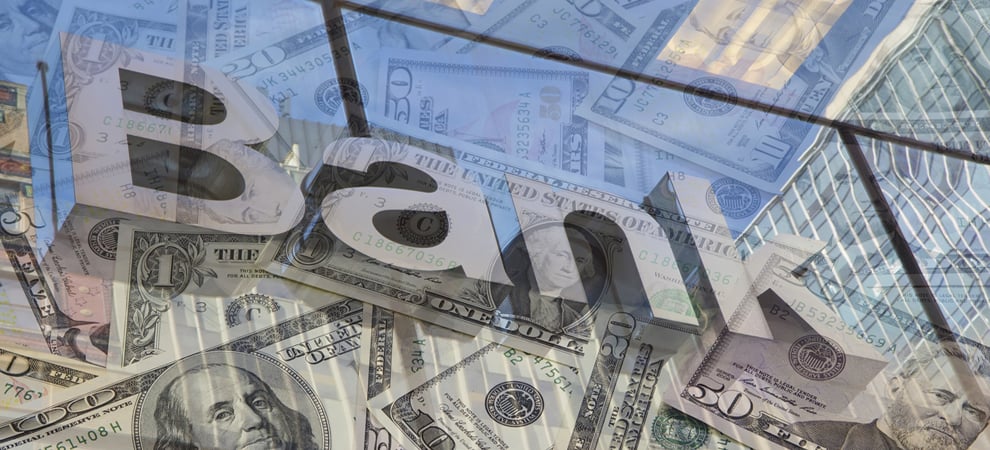
The banking industry is having a very good year.
The Federal Deposit Insurance Corporation announced Tuesday that America’s banking sector hit a new record high of $56 billion in net income in the first quarter of 2018. Some of this, they say, was attributable to last year’s tax cut bill, which gave banks a substantially lower effective tax rate. But even without the tax change, net income would have been $49 billion, which also would have been a record.
Meanwhile, the US House of Representatives is set this afternoon to pass a bill rolling back some of the Obama-era financial regulations that were imposed in the wake of the 2008 financial crisis. This is a mostly Republican initiative, but the Senate version of the legislation picked up votes from more than a dozen Democrats, who made an exception to their normal posture of resistance to help out a financial services sector that they see as ailing and overregulated under the status quo.
Yes, the same sector that just posted record profits.
/cdn.vox-cdn.com/uploads/chorus_asset/file/11040435/pr18030.jpg)
Now, of course, if you talk to proponents of the regulatory rollback, they’ll tell you they have no intention of helping out the Wall Street giants whom everyone hates.
And while it is mostly (though by no means entirely) true that the bill does more for smaller banks than larger ones, the FDIC report makes it clear that small banks are not in any kind of trouble either. Community banks, according to the FDIC, saw a 17.7 percent interest in net income in the first quarter of 2018, driven by a mix of higher net operating income (which grew 8.3 percent) and lower taxes.
With less regulation coming down the pike, there’s every reason to believe that the future will only be brighter for America’s banks.
